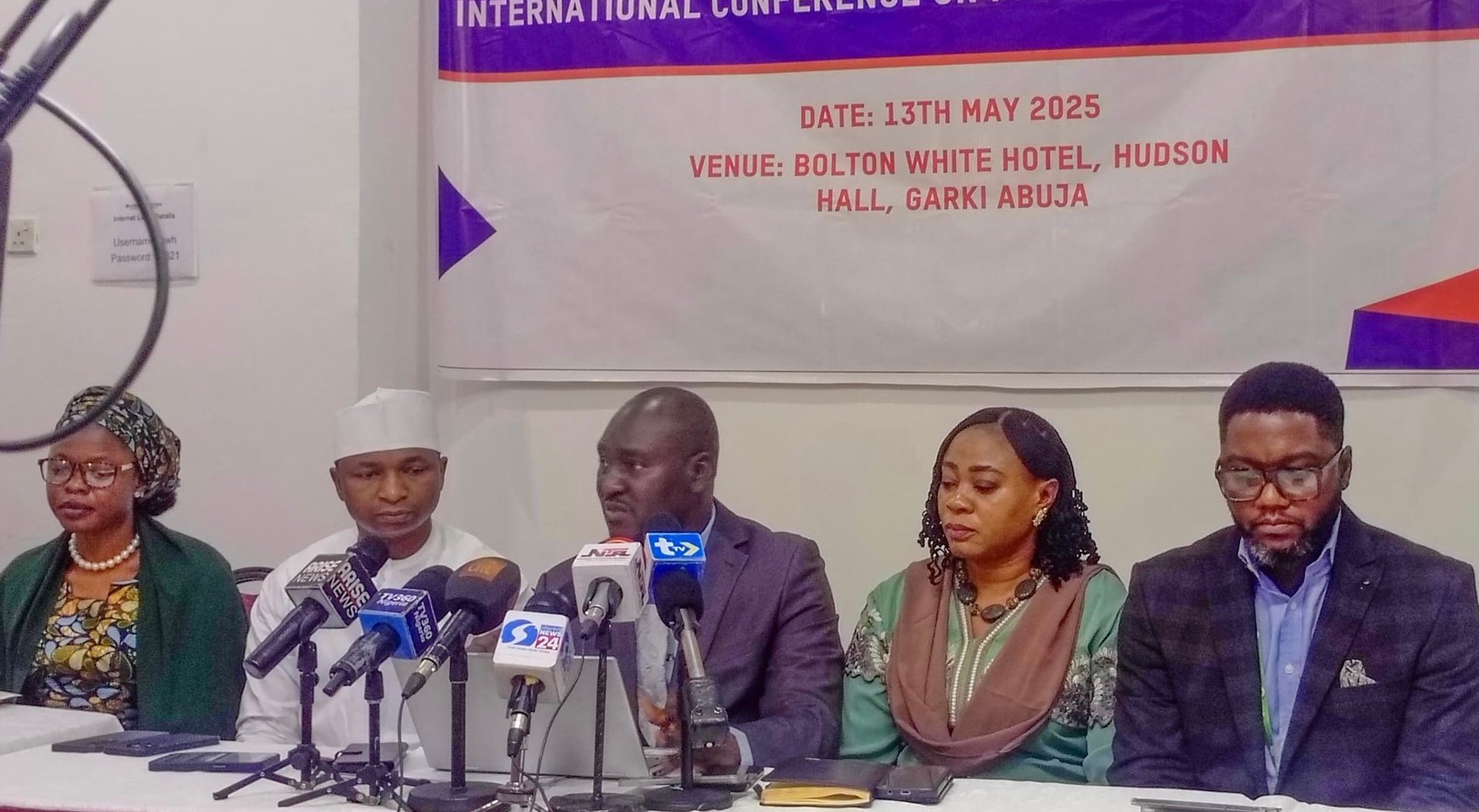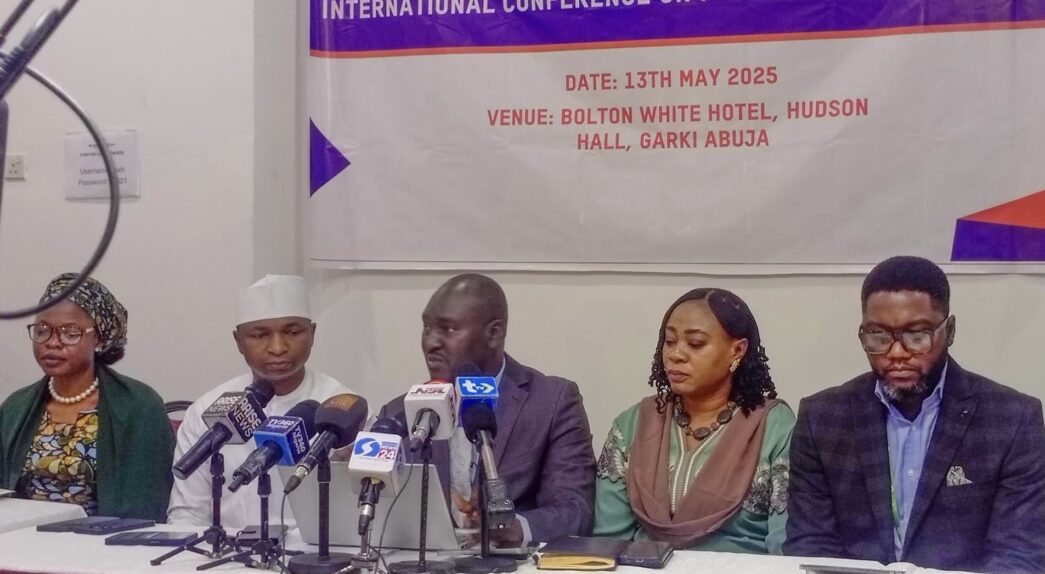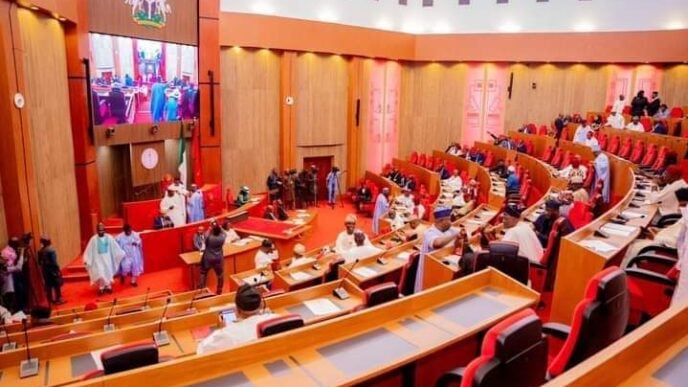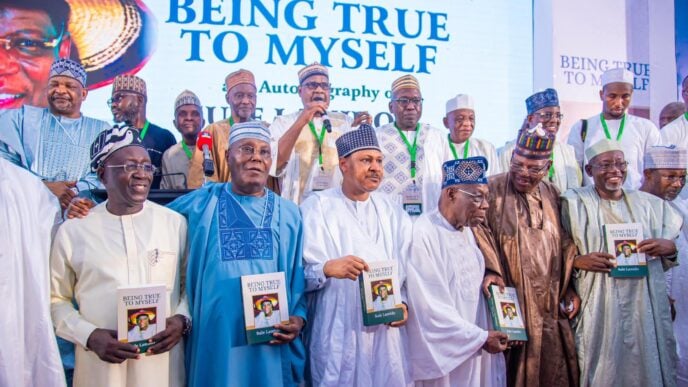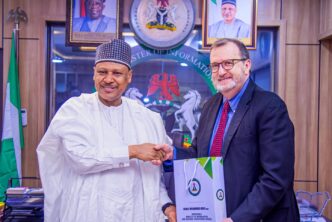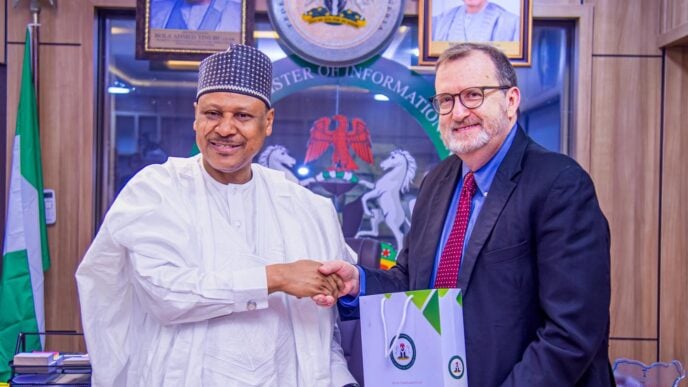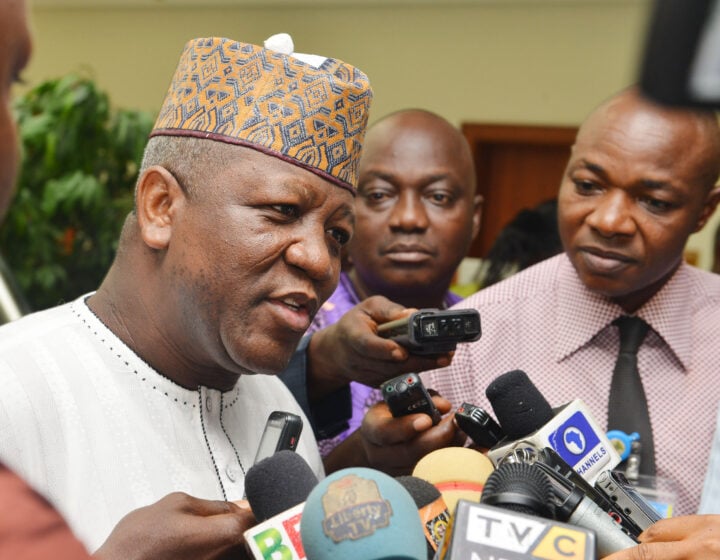Nigerian civil society organisations have called for changes to global tax rules, enhanced access to climate finance, and new concessional financing frameworks for developing countries.
The CSOs made the call in its newly released report titled ‘Financing for Development in Nigeria: Sectoral Context and Insights for the Fourth International Conference’, ahead of the fourth international conference on financing for development (FfD4) slated to hold on June 30, in Seville, Spain.
The report is an advocacy position paper developed by the Civil Society Legislative Advocacy Centre (CISLAC), in partnership with Oxfam in Nigeria, Christian Aid, International Budget Partnership, Tax Justice & Governance Platform, Connected Development, and other key partners under the Africa Agenda on Financing for Development (Agenda Afrique).
The report said critical sectors including education, health, agriculture, and climate resilience remain “chronically underfunded”.
Advertisement
The document noted that corruption, poor budget implementation, outdated development data, and weak public financial management systems are among recurring challenges hindering development in poorer countries.
“Nigeria faces a multidimensional financing gap, driven by underperforming domestic resource mobilization, inequitable global financial rules, and increasing vulnerability to climate change,” the report reads.
“Education spending falls below UNESCO benchmarks, health expenditure remains under 4% of GDP, and the country loses over $18 billion annually to illicit financial flows.
Advertisement
“Meanwhile, Nigeria’s debt service-to-revenue ratio has now exceeded 70 percent, leaving little room for investment in people.”
The report added that most Nigerian states do not have measurable development blueprints, making it difficult to track progress or attract meaningful investments.
The document proposed a range of policy to enhance Nigeria’s financial capacity including adopting digital tax systems, simplifying trade processes to drive industrialisation, launching anti-corruption and asset recovery campaigns, and establishing development finance facilities to de-risk private investment in infrastructure and social services.
The report also called for the institutionalisation of peer learning platforms to encourage innovation in sub-national financing strategies.
Advertisement
“The issue is not a lack of frameworks, but rather a lack of effective implementation due to several core problems,” the report added.
“Without decisive and deliberate efforts to bridge these financing gaps at both national and sub-national levels, Nigeria will continue to fall behind.
“We urge the international community to prioritise loss and damage financing, equitable access to green investments, and reform of Special Drawing Rights (SDRs) to better support middle-income countries carrying high poverty burdens.”
Advertisement
